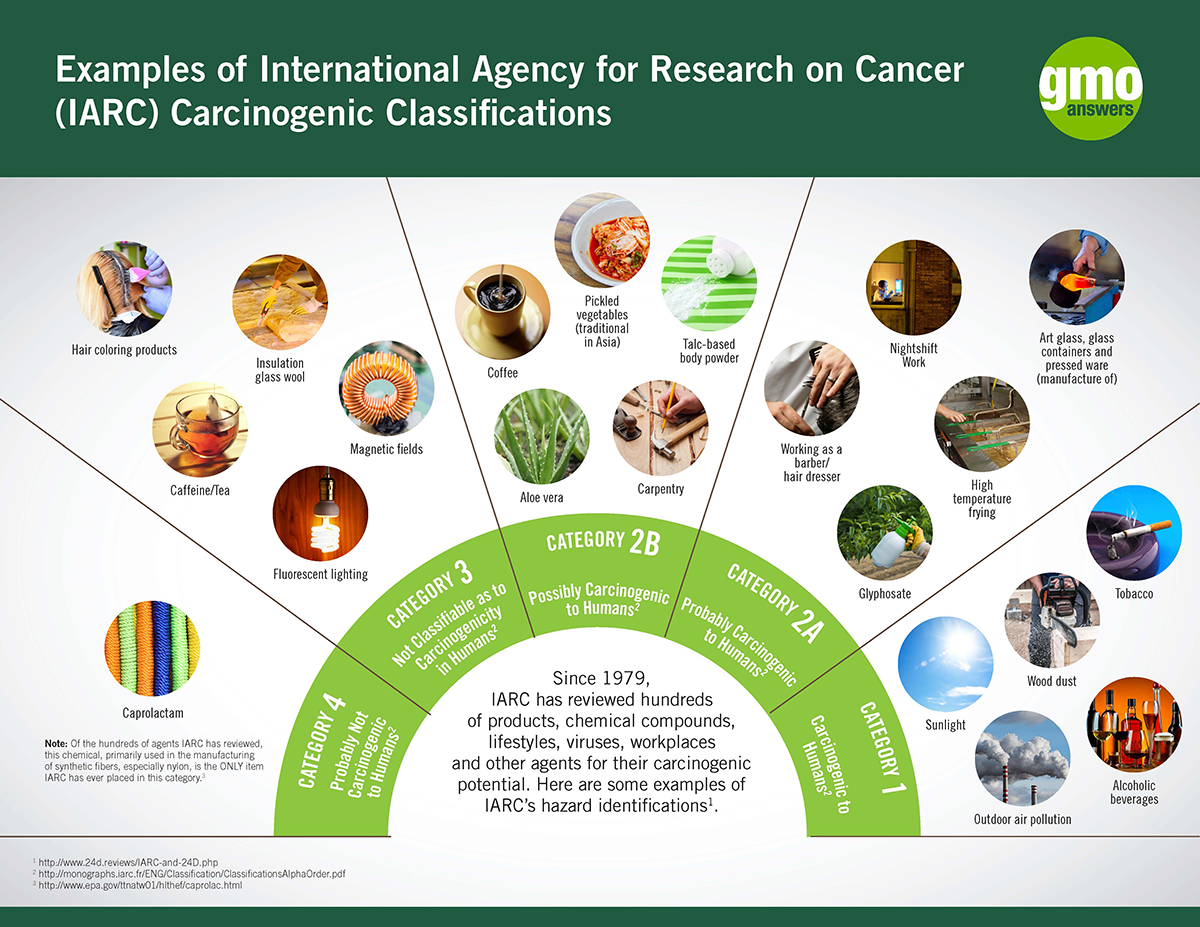With the onslaught of last minute essays I’ve been writing, I’ve been doing a lot of procrastinating. During this procrastination I decided to consider whether or not my word processor, Microsoft Word, is the most efficient word processor I could be using. Should I use Google Docs, Pages, or some other word processor instead. Because, as it turns out, word processors are very different.
Anyone that has used Google Docs on a group project probably knows how difficult it can be to copy paste from Microsoft Word (because it is far easier to copy paste than settle for their lackluster interface.) As convenient and helpful as Google Docs, or indeed any online word processor, can be it is far easier to use Microsoft Word. To me it is comfortable and effective because I know all the short cuts and can easily navigate the interface. I can also do any formatting necessary for college essays and save anything directly on my computer. But, putting this comfort aside, I began to wonder if there was a more effective word processor out there. Is there an application that, once I fully understand the interface, will help me more easily construct an A+ essay.
The internet is host to a wide variety of word processors. In my search I found Jarte, Abiword, and of course Open Office. All of which seemed fine. Each of them has a simple interface not dissimilar from Word. The only one I have any real experience with is Open Office which ran fine when I had to use it to write an essay in High School, but none of them are likely to become my go to word processor because none of them have all the features of Word in a simple and non-buggy interface. My search seemed to yield no fruitful results. Then I found out about LaTeX a high powered word processor used largely by academics.
According to their official website, LaTeX is not a word processor. It instead insists you forgo such niceties and instead focus on writing- format be damned. After the document is written, the professionals behind LaTeX will then dress your document in a professional format and have you on your way. But, how could I compare this seemingly complicated software to Microsoft Word? Thankfully there was a helpful study conducted by academics to answer this very question.
Titled “An Efficiency Comparison of Document Preparation Systems Used in Academic Research and Development” the study compares Microsoft Word to LaTeX in the professional setting to determine which is the most efficient means of creating and formatting an acceptable document. The null hypothesis was that neither system would be more effective than the other. The alternative hypothesis was that one system would be better than the other. The null hypothesis was rejected when the study found that users of Microsoft Word performed far better, having fewer errors and completing their papers faster, than those who used LaTeX. This study was conducted with the help of volunteers.
These 40 volunteers were researchers from 6 different universities in Germany who were recruited from blogs and news groups and other sources to participate in the study. Each participant used their own computer and was informed of the purpose of the study. They were then divided into one of four groups, each with ten participants, that were based on their knowledge of the document preparation systems. The four groups were made up of novices in either Word or LaTeX and experts in either Word or LaTeX. These groups were then each asked to write three probe texts- these were essentially sample texts they had to write- focusing on text alone, text with tables, and lastly math text including equations. These texts were selected to best show what type of information the software usually presents. After these sample texts were composed by each group the performance of the individuals was measured.
To measure how well they composed these articles they counted, in three distinct categories, the number of errors which can be seen in Table 1. In Table 1 you can also see how many words were typed in thirty minutes using each program. Overall, when looking at this data the difference does not seem that great at first. The number of mistakes does not appear to be that much higher in LaTeX than in Word, but then I considered for a moment the number of mistakes I usually make with Microsoft Word. It’s not a lot. The software easily catches most typos and grammatical errors so the mistakes I make are few and in between. While it may stumble over some new words and some grammar, Word largely keeps me in line. Having never used LaTeX I can only assume that its largely hands off approach leads to the higher rate of errors. This approach must also contribute to the lower word count. Not only did LaTeX users write slower, they messed up more.
All of this in mind, the study feels accurate and fair. It had academics write academic articles using the various types of data often found in academic articles and fairly concluded that Word was better. In the end, what matters is the resulting document that the program helps you create and Word created the document with fewer errors at a faster rate.
The academics in the study were also taken from various universities and places, given the same task, and the study accounted for differences in experience with the program. Which lastly, is another important part to consider. When typing any essay using a word processor or similar program it is important not to waste too much time learning how to use the new program and, as the study concludes, it took longer to learn how to use LaTeX than learn how to use Microsoft Word. So overall, the assessment that Microsoft Word is better than LaTeX seems completely valid. I believe the study avoided confounding variables by taking experience into consideration, and fairly compared these programs.
My search overall for a better word processor than Microsoft Word has proven fruitless. Given its straightforward nature, large set of tools, and the fact that it is free for Penn State students I would recommend using Microsoft Word to every student at Penn State.
Links:
https://products.office.com/en-us/word
https://www.google.com/docs/about/
http://www.latex-project.org/about/
Picture Links:
http://dx.doi.org/10.1371/journal.pone.0115069.t002
























 From the onset, I convinced myself it would be about exploring concepts about the world. What are its rules? How does it work? I thought it would be fun, insightful, and fairly easy. I got a 76%. While I enjoyed the instructor, my classmates, and the course, I did terribly despite the fact that I tried my best.
From the onset, I convinced myself it would be about exploring concepts about the world. What are its rules? How does it work? I thought it would be fun, insightful, and fairly easy. I got a 76%. While I enjoyed the instructor, my classmates, and the course, I did terribly despite the fact that I tried my best.